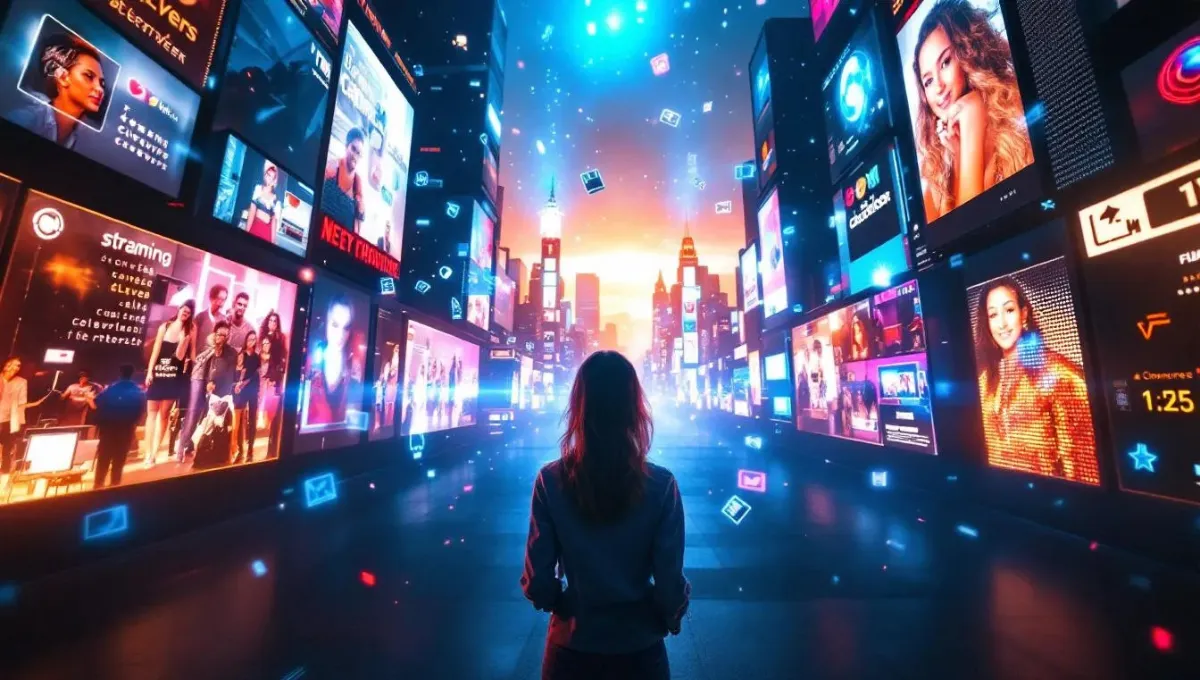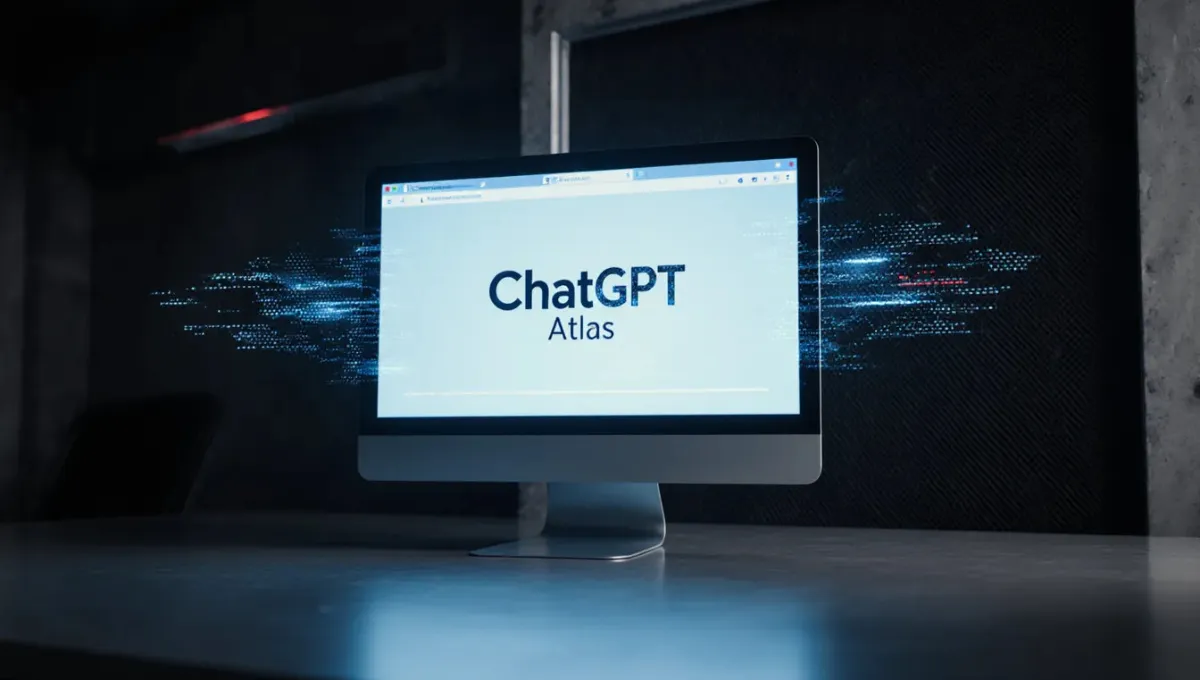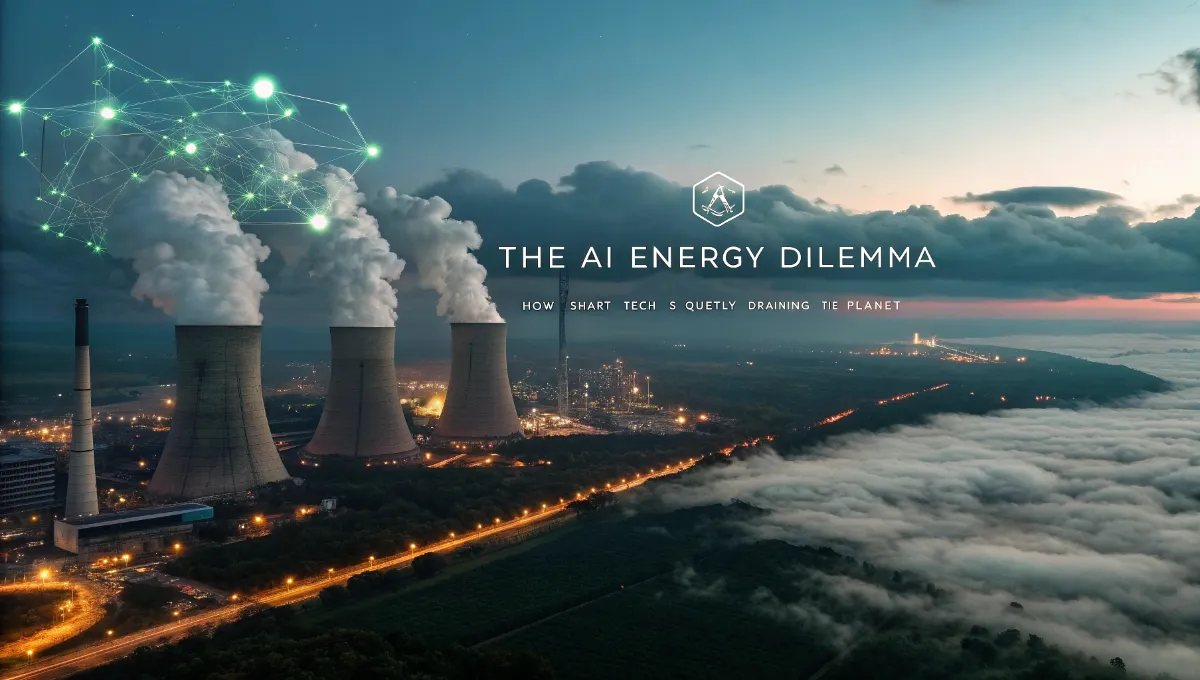A new chapter in the American workforce
In a world where artificial intelligence is no longer science fiction but everyday reality, one of the biggest challenges is not whether machines will replace humans, but whether people can learn fast enough to work alongside them. Cisco, one of the world’s leading technology companies, has decided to face that challenge head-on. Its new national initiative aims to train one million Americans in AI and digital skills by the end of the decade — a bold promise that could redefine what it means to work, learn, and stay competitive in the 21st-century economy.
This is not another tech headline about automation or layoffs. It’s a story about opportunity — a massive investment in human potential at a time when digital transformation is accelerating faster than most people can keep up. Cisco’s vision is simple yet radical: to build an inclusive future where every worker, from recent graduates to mid-career professionals, can thrive in the age of AI.
The vision behind the promise
Cisco’s announcement comes at a critical moment. Across industries, companies are struggling to find employees who understand how to apply artificial intelligence responsibly and effectively. Jobs are evolving faster than universities can update their curricula. What once counted as a digital skill — like basic coding or data management — is now just the foundation. The next wave demands understanding how AI tools make decisions, how to interpret data ethically, and how to collaborate with intelligent systems.
Cisco’s leadership has described this as a “once-in-a-generation opportunity” to reshape the workforce. The goal is to reach people not only in major tech hubs but across small towns, community colleges, and underserved regions. The company is expanding its long-standing education platform, the Cisco Networking Academy, which has already trained millions worldwide, to include comprehensive AI learning paths. These new programs are designed for everyone — not just engineers — offering both technical and business-focused tracks.
The idea is that every professional, whether in marketing, healthcare, logistics, or finance, will eventually need AI literacy. By offering accessible, flexible, and practical training, Cisco hopes to create an ecosystem where technology empowers rather than excludes.
Training the workforce of tomorrow
The “Learn with Cisco” initiative introduces new certification paths for AI and automation. The first is the AI Technical Practitioner, focused on the core concepts of machine learning, generative AI, data analysis, and responsible model deployment. The second, the AI Business Practitioner, targets leaders, managers, and decision-makers who need to understand how AI can transform productivity, customer experience, and strategic planning.
Both programs are built around real-world applications rather than theory. Learners can access virtual labs, simulation environments, and self-paced modules that mimic real business scenarios. From understanding how an AI algorithm makes predictions to designing ethical data policies, the goal is not just to teach the technology — but to cultivate critical thinking, creativity, and accountability.
Cisco emphasizes that the “human” side of technology remains the most valuable. While the courses teach advanced technical concepts, they also highlight soft skills like communication, leadership, and ethical judgment — areas machines can’t replicate.
Why it matters
America’s workforce is in the middle of a historic transformation. According to national labor data, over 60% of jobs will require some level of digital competency within the next five years. Yet millions of workers still lack access to affordable training. The skills gap is not just about coding; it’s about understanding how AI integrates into every job function, from manufacturing and transportation to law and education.
By making AI education accessible to one million people, Cisco aims to close that gap and prepare workers for a rapidly changing economy. For young Americans entering the job market, this could mean a better chance at future-proof employment. For mid-career professionals, it offers a lifeline to reskill before automation makes their current roles obsolete. For employers, it means access to a talent pool equipped with the most in-demand skills on the planet.
This initiative also represents a shift in how corporations think about responsibility. Rather than simply developing AI tools, Cisco is investing in the human capital needed to use them responsibly. It’s a model of corporate leadership that prioritizes education, inclusion, and long-term sustainability over short-term profit.
The rise of AI literacy
AI literacy is quickly becoming the new language of the workplace. It doesn’t mean everyone needs to become a data scientist. It means understanding how algorithms work, what biases they may have, and how they can be used ethically to enhance performance. Much like the internet revolution in the 1990s, the rise of AI will separate those who can adapt from those who cannot. Cisco’s mission is to ensure that no one is left behind.
The training program is also meant to encourage curiosity and confidence in technology. Many workers still view AI as intimidating or inaccessible. By breaking down complex concepts into practical lessons, Cisco hopes to demystify the subject and empower people to see AI as a tool for creativity and progress — not a threat to their livelihood.
Bridging the gap between innovation and inclusion
One of the most striking aspects of Cisco’s plan is its focus on inclusion. AI may be a global phenomenon, but access to quality training is far from equal. The company plans to partner with local schools, nonprofit organizations, and community colleges to ensure that training reaches underrepresented groups — including women, veterans, and rural populations. The goal is not only to fill jobs but to make sure the benefits of the AI revolution are shared broadly.
This inclusivity approach has both moral and economic value. Studies show that diverse teams build better algorithms, identify biases earlier, and produce more innovative outcomes. By empowering a wider range of people to understand and shape AI systems, Cisco’s initiative could help create a more ethical, transparent, and fair technological future.
The human factor in an automated world
While the focus is on AI, the deeper message is human. Technology alone cannot guarantee progress — it depends on the people who use it. The future of work will demand not just technical proficiency but adaptability, empathy, and continuous learning. Cisco’s program reflects that philosophy: AI may power the next generation of tools, but it’s human intelligence that gives them purpose.
Automation may streamline tasks, but it cannot replace judgment or emotional intelligence. That’s why the training emphasizes lifelong learning and personal development. In an age where new tools appear every few months, the ability to learn, unlearn, and relearn is becoming the ultimate competitive edge.
A national movement toward digital resilience
Cisco’s commitment also aligns with a larger trend in the U.S. — a growing awareness that digital resilience is a matter of national importance. From cybersecurity to cloud infrastructure, the country’s competitiveness increasingly depends on the ability of its workforce to keep pace with emerging technologies. The AI era won’t only redefine jobs; it will reshape industries, communities, and even education itself.
By investing in people, Cisco is helping to build a foundation for long-term innovation. Instead of fearing automation, the company is betting on a future where humans and machines complement each other — a vision that’s both pragmatic and optimistic.
The path forward
Training one million Americans in AI skills is an ambitious goal, but it’s also achievable. Cisco’s extensive education network, its partnerships with governments and universities, and its commitment to accessible learning make it one of the few companies capable of executing a project of this scale.
If successful, it could become a blueprint for other corporations, showing how private enterprise can play a crucial role in shaping a smarter, fairer, and more inclusive digital economy. It could also redefine corporate responsibility in the AI age — proving that the best investment a technology company can make is not just in machines, but in people.
As artificial intelligence continues to evolve, the question is no longer if it will change our lives, but how well we are prepared for it. Cisco’s promise to train one million Americans is more than a headline; it’s a statement of faith in human adaptability. It’s a reminder that the future of work doesn’t have to be something that happens to us — it can be something we build together.
With this initiative, Cisco isn’t just teaching AI. It’s teaching resilience, opportunity, and the belief that technology’s greatest achievement isn’t automation, but empowerment.

Grace Whitmore is a beauty and lifestyle editor at Nestification, exploring the intersection of modern femininity, quiet luxury, and emotional design. Her work focuses on how aesthetics, mindfulness, and self-expression shape today’s idea of calm confidence — where beauty becomes a state of mind.
Based in New York · [email protected]















